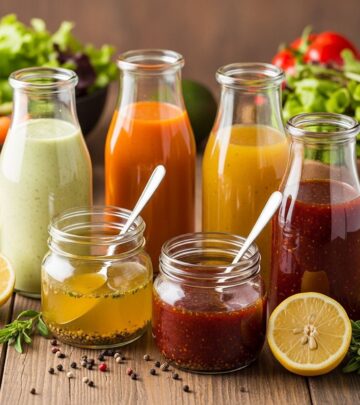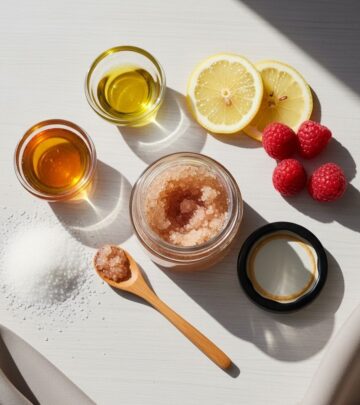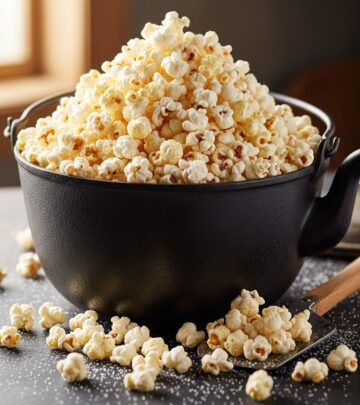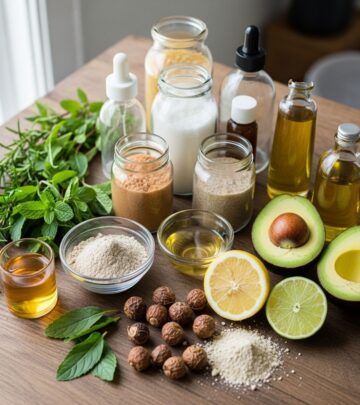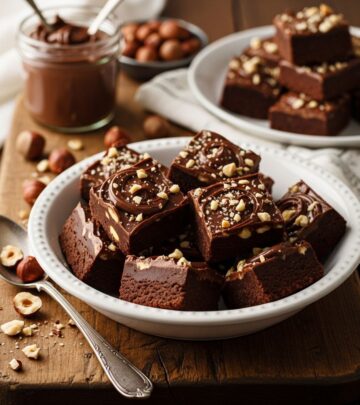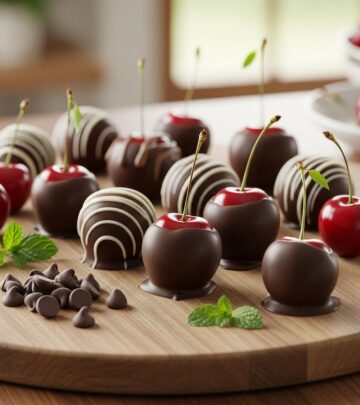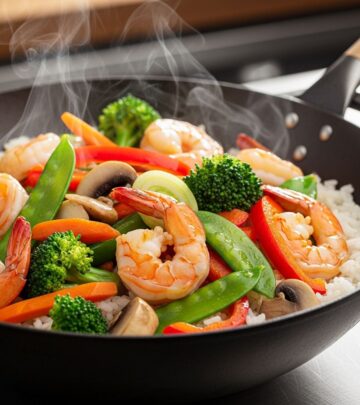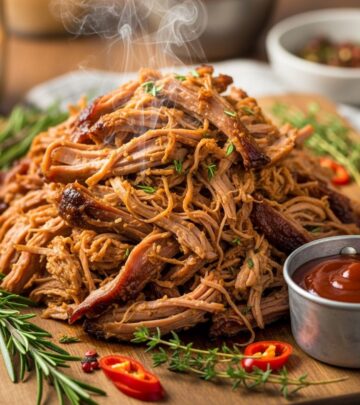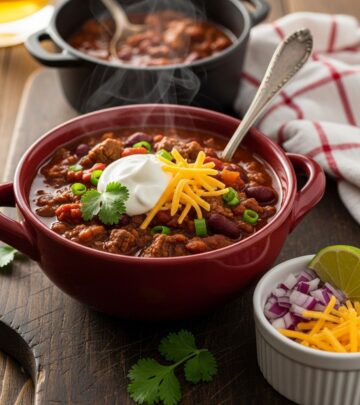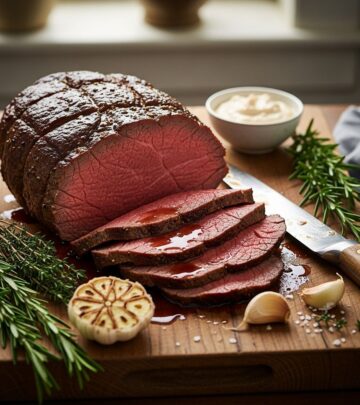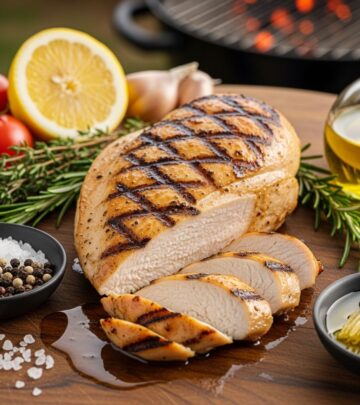A Comprehensive Review of Earlywood’s Non-Toxic Wooden Spatulas and Utensils
Artisan-crafted, sustainably sourced kitchen tools built for daily durability, beauty.
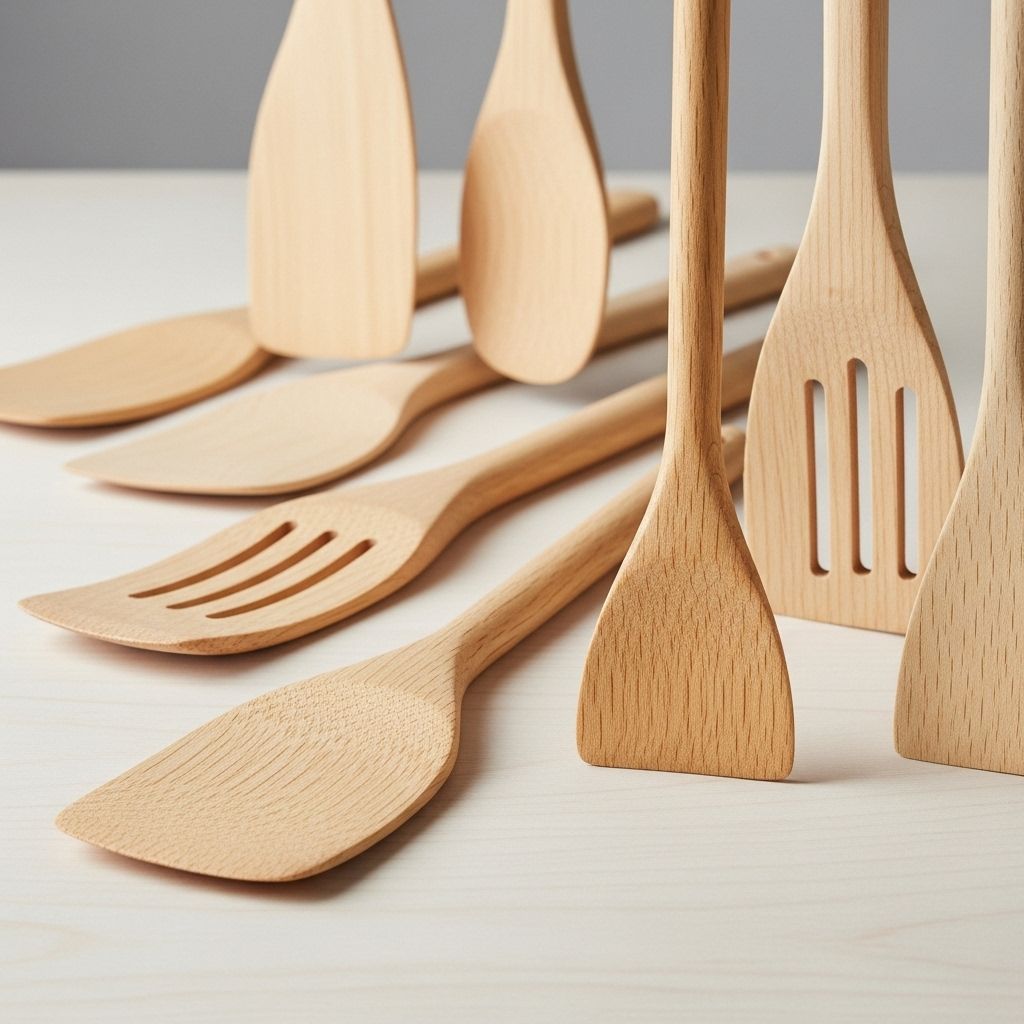
Earlywood’s Non-Toxic Wooden Spatulas: Revolutionizing Healthy Cooking
Choosing the right utensils for your kitchen can have a profound impact on your culinary experience. Among the rising wave of artisan kitchenware, Earlywood’s handmade wooden spatulas and utensils have become an essential staple for health-conscious cooks seeking non-toxic, durable, and versatile tools. In this comprehensive review, we examine the features, benefits, care methods, design details, and everyday utility that make Earlywood an outstanding choice in handcrafted kitchenware.
Why Choose Earlywood Wooden Utensils?
The move toward non-toxic kitchen utensils is gaining momentum as people opt for healthier living environments. Many traditional kitchen utensils contain plastic, silicone, or composite materials that may leach chemicals into food or degrade over time. Earlywood stands out by exclusively using sustainably sourced hardwoods, offering a genuinely safe alternative for daily cooking. Their utensils are celebrated for:
- Non-Toxic Materials: Made entirely from untreated, food-safe hardwoods.
- Handcrafted Quality: Every piece is individually cut, shaped, and finished.
- Long-Lasting Durability: Resistant to cracking and wear when properly maintained.
- Functional Design: Ergonomic and highly versatile for a variety of kitchen tasks.
- Made in the USA: Support for local craftsmanship and sustainability.
Transitioning to a Non-Toxic Kitchen
The shift from plastic, silicone, or metal utensils to wooden kitchen tools reflects a larger trend toward holistic health and sustainability. Earlywood products embody this ethos with their blend of simple design, robust construction, and commitment to low-tox living. Their spatulas, spreaders, scrapers, and tongs offer peace of mind and everyday practicality.
Design & Aesthetics: Minimalist Elegance Meets Function
Earlywood utensils radiate minimalist beauty. There are no superfluous flourishes or gimmicks—what you get are tools designed for purposeful utility. The spatulas feature flat bottoms, thin tips, and sturdy handles, each aspect intentionally engineered for specific tasks:
- Flat Bottoms: Provide superior contact with pans for stirring, sautéing, and tossing.
- Thin Tips: Make flipping, mixing, and scraping effortless.
- Wooden Tongs & Rolling Pins: Simplify common kitchen chores, from rolling dough to gripping delicate foods.
- Versatility: Use the back of Earlywood spatulas for mixing (e.g., sourdough starter) and employ specialized spreaders for tasks like frosting cakes or layering peanut butter.
This balance between form and function results in utensils that look as good on the countertop as they perform in daily cooking.
Handcrafted Quality: The Art of Earlywood Production
Each Earlywood utensil is meticulously crafted in the USA by expert woodworkers. The brand’s commitment to artisan techniques ensures:
- Individual Attention: Every piece is personally cut, sanded, and finished.
- Sustainable Sourcing: All wood is carefully selected for durability and grain beauty.
- Custom Grain Selection: Customers can choose from a variety of rich wood tones to match their kitchen style.
- Heirloom Quality: These utensils are built to last for decades with proper care.
This craftsmanship not only supports local artisanal traditions, but it also ensures every utensil is truly one-of-a-kind.
Functionality: Everyday Utility and Versatility
Earlywood utensils are celebrated by home cooks and chefs alike for their remarkable versatility. Among their lineup, the wooden spatulas and saute tools are kitchen workhorses, excelling in a variety of key tasks:
- Stirring and Mixing: The flat edges and robust handles make them perfect for stirring thick batters, tossing salads, and mixing dough.
- Flipping and Sautéing: Thin tips facilitate delicate flipping of eggs, potatoes, and sautéed vegetables.
- Scraping: Specialized scrapers are engineered for cast-iron cookware, ensuring no residue is left behind.
- Serving: Earlywood spatulas double as salad servers or as tools for extracting jams or spreads from deep jars.
The well-balanced, lightweight design means that users can work comfortably for extended periods, making them ideal for both quick meals and elaborate recipes.
Comparing Earlywood’s Wooden Utensils to Traditional Alternatives
| Feature | Earlywood Wooden Utensils | Plastic/Silicone Utensils | Metal Utensils |
|---|---|---|---|
| Toxicity | Non-toxic, safe hardwoods | Potential leaching, not biodegradable | No chemical risk, but may react with food/acids |
| Durability | Highly resistant, long-lasting | Prone to melting and warping | Can bend, scratch cookware |
| Care | Requires oiling & gentle cleaning | Dishwasher-safe, but less sturdy | Easy to clean, may rust |
| Cookware Compatibility | Safe for non-stick & cast-iron | Safe for non-stick, less heat-resistant | May damage non-stick surfaces |
Popular Earlywood Sets: What’s Included?
Earlywood’s product range includes essential utensil sets tailored for different cooking needs. High customer ratings highlight the sets’ functionality and beauty:
- Essentials Set:
- 2 Large Flat Sautes (perfect for multi-tasking and salad serving)
- 1 Tera Scraper (ideal for cast-iron pans)
- 1 Large Spreader (from cake frosting to spreads)
- Complete Set with Holder:
- 2 Large Flat Sautes
- 1 Tera Scraper
- 1 Large Spreader
- 1 Classic Ladle (great for soups and chilis)
- 1 Long Server (versatile for serving any dish)
- Set of 4 Tasting Spoons
- Custom Utensil Holder
Each set offers a careful selection of tools to maximize functionality while maintaining a cohesive aesthetic for the modern kitchen.
Maintenance and Care: Preserving Heirloom Quality
Proper maintenance ensures your Earlywood utensils remain beautiful and functional for years. The recommended care routine includes:
- Hand Washing: Clean with mild soap and water; never soak wooden utensils for extended periods.
- Dry Completely: Air dry to prevent wood from warping or cracking.
- Conditioning: Regularly apply a food-safe wood oil or wax to maintain suppleness and prevent dryness. This process is described as relaxing and therapeutic by many owners.
- Gentle Cleaning Tools: Use wood scrubby pads included with some sets for gentle, effective cleaning.
Conditioning the utensils not only enhances their longevity but also deepens the wood’s natural color and grain, further enriching their visual appeal.
Sustainability: Ethical and Ecological Commitment
Earlywood emphasizes sustainable practices in sourcing, production, and packaging. Their commitment includes:
- Responsibly Farmed Hardwoods: Only materials from ethical sources are used.
- Handmade in the USA: Reducing environmental footprint while supporting domestic craftsmanship.
- Longevity: Durable utensils mean fewer replacements, less waste, and a lower lifetime impact.
User Experiences & Testimonials
Earlywood utensils receive high praise for their longevity, function, and aesthetics. Users consistently note:
- Reliability: Many report using the same spatulas and tongs for years without signs of wear.
- Utility: The multifunctional design makes them invaluable for daily cooking tasks.
- Feel: High-quality wood offers a satisfying tactile experience, described as therapeutic when oiling and caring for the utensils.
- Family-Friendly: Smaller-sized spatulas double as child-friendly rolling pins or scrapers, making them a household favorite.
“I bought this set and don’t know how I cooked with wooden spoons for so long. The flat bottom is significantly more effective at stirring, sautéing, tossing etc. The wood itself is beautiful.”
“Earlywood utensils are just so universal… simple and so useful and just a go-to.”
Frequently Asked Questions (FAQs)
Q: Are Earlywood utensils truly non-toxic?
A: Yes, Earlywood utensils are made from untreated, food-safe hardwoods with no toxic coatings or chemicals.
Q: Can Earlywood spatulas be used on non-stick and cast-iron cookware?
A: Absolutely. Earlywood spatulas are specifically designed to be safe and effective on both non-stick and cast-iron surfaces, preventing scratches and residue.
Q: How do I care for and maintain my wooden utensils?
A: Hand wash only, air dry thoroughly, and regularly apply wood oil or conditioner. Avoid dishwashers and prolonged soaking.
Q: Do wooden utensils ever crack or split?
A: Earlywood’s utensils are crafted for durability, but all woodware requires proper care. Conditioning helps prevent cracks and prolongs their lifespan.
Q: What makes Earlywood’s design unique?
A: Earlywood uses ergonomic shapes, thin flat tips, and optimal blade width for versatile functionality. Each piece is hand-shaped, emphasizing both comfort and effective use.
Q: How sustainable is Earlywood’s production?
A: Earlywood sources all hardwoods responsibly, minimizes waste, and produces exclusively in the USA to maintain high ethical and environmental standards.
Conclusion: Why Earlywood Wooden Utensils Are Essential Kitchen Tools
For health-conscious cooks and design lovers alike, Earlywood’s non-toxic wooden spatulas and utensils seamlessly integrate function, aesthetics, and sustainability. Their thoughtful design, exceptional craftsmanship, and commitment to safety make them not just practical cooking implements, but lifelong kitchen investments. Whether you are just beginning your cooking journey or upgrading a seasoned kitchen, Earlywood utensils are an inspired choice for anyone seeking heirloom-quality tools that align with modern values.
References
Read full bio of Sneha Tete

